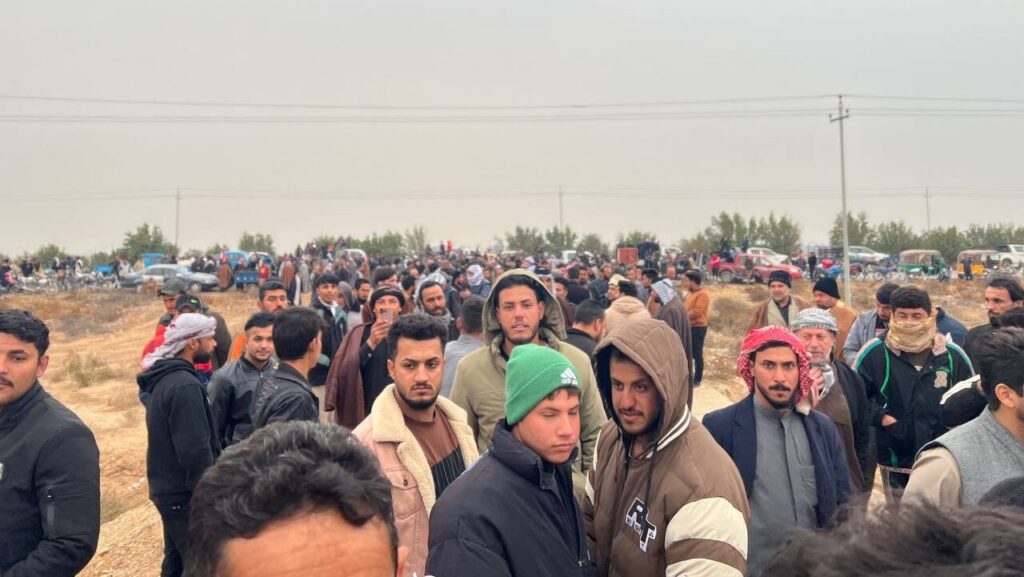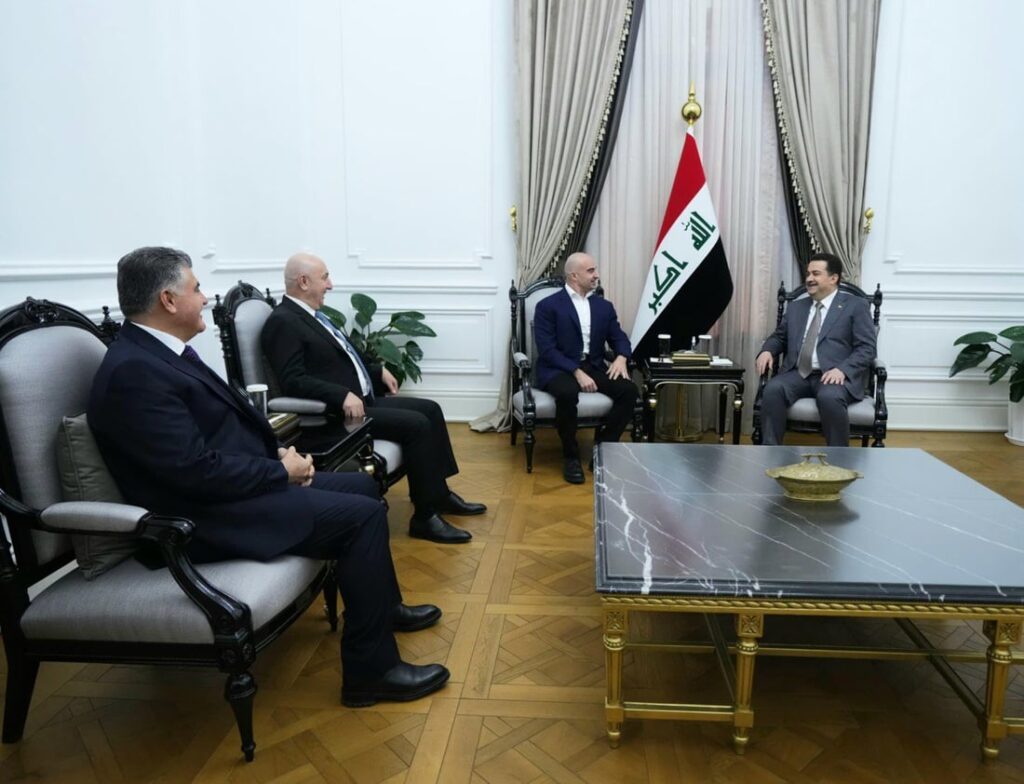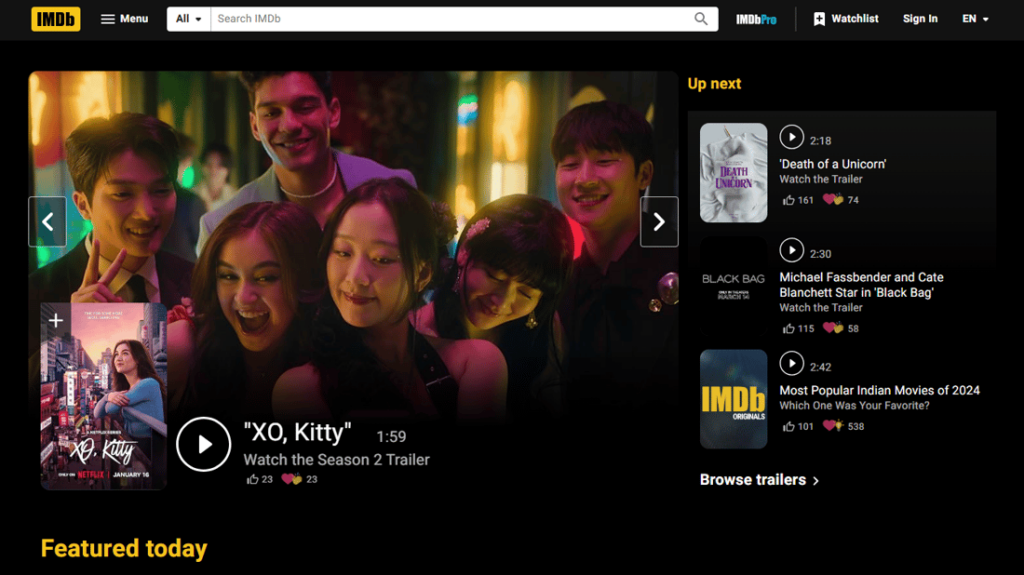'Unlike anything': A year of collective grief for Palestinians in the West over Gaza

The emotions can quickly go from rage to resentment, to guilt and then back again - and they haven’t let up.
This is what's being referred to as a cycle of collective grief.
Palestinians in the West have long been intimately familiar with the impact of the Israeli occupation of their homeland.
But the assault on Gaza since 7 October 2023 - and later the West Bank and Lebanon, which houses almost a million Palestinian refugees, has left a gaping mental and emotional wound that many are unsure will ever heal.
Psychiatry professor at the University of California San Francisco, Jess Ghannam, has studied the Palestinian experience in comparison to that of Iraqi children after multiple invasions, as well as Muslims in the post-9/11 era, and described it as “unlike anything”.
“We have no map to understand the depth, the breadth, the transgenerational component to it, the multi-generational component to it, the persistence of it, and the impact that it's going to have on our current generation and generations to follow,” he told viewers of an online webcast hosted by the Islamic mental wellness organisation, Maristan, just weeks into the war.
“In the Palestinian context, there is no ‘post’ in post-traumatic stress disorder,” Ghannam said.
Aside from the week-long ceasefire and prisoner swap in November, there has not been a day in the last 365, when air strikes, sniper fire or the threat of famine and disease have not targeted Palestinians in Gaza.
Mainstream media coverage across North America in particular has defaulted to the Israeli military to verify and explain events, and elected officials on this side of the world have expressed unyielding solidarity with Israeli captives in Gaza, largely at the expense of tens of thousands of dead and wounded Palestinians.
“I'm watching this happen to my people. And I'm looking at these faces, and they look like me, and they sound like me, and they speak like me, and they have the same names as us, and they eat the same foods as us,” Safa Soueissi, a Palestinian American in Tulsa, Oklahoma, told Middle East Eye.
“So if my children were on the street and they were hit by a car and they were bleeding out on the streets, nobody’s gonna care, because they're Palestinian children?”
'I have to keep centring myself'
- Mae Latif, psychotherapist
Souessi’s family was expelled from Palestine in 1948 and made their way to Lebanon as refugees. She said the attachment Palestinians have to their native land is a unique one, in that there’s never been a sovereign state that she’s been able to go back to every summer as a child, like her Syrian or Egyptian friends.
“I never was able to say, 'I'm going back home'. So in the last year, I think that rage and anger has intensified because… this is the most well-documented genocide in the history of the world,” Soueissi told MEE.
“Yet when I leave my house, when I open the door and I walk out, everybody around me is going on with their lives as if nothing is happening.”
‘Crisis of meaning’
The alienation in society has dogged Palestinians throughout this war, even after the protest movement picked up steam, and even after saying "Palestine" became less of a taboo, eventually leading to student encampments for Gaza across some of the most elite academic institutions in North America.
Thal Mohammed, a therapist in Toronto, Ontario, has been volunteering her services via virtual drop-in sessions for anyone impacted by the war on Gaza.
There has been a dramatic uptick in people seeking help, and many who approached her had never sought any form of counselling before.
“It would vary from, ‘Oh, my God, I'm not even a human’, and if someone had issues with self-worth, it would just amplify,” Mohammed told Middle East Eye.
Read More »“I have my Canadian-Palestinian clients who are just gone - like debilitated with survivor's guilt. Some of them are teachers. Some of them work in hospitals and they just could not fathom being able to function and could not fathom how dehumanised they were.”
Palestinians have described their social media feeds as a constant stream of some of the most graphic and gut-wrenching imagery they have ever seen. These videos are typically watermarked original footage uploaded by Palestinian journalists and influencers inside Gaza.
The content appears by the hour - sometimes less - lending them an immediacy and veracity that did not exist before platforms like Instagram and TikTok emerged.
Many of the videos are of maimed children screaming in agony or calling out for parents who are no longer there. Those scrolling endlessly through these images can feel like they’re living in an alternate reality and are helpless to stop it.
“I've never personally experienced this amount of grief in my life,” Nada al-Hanooti, a Palestinian American from Dearborn, Michigan, said in January. “It's like being in an abusive relationship with the world. So it also makes me kind of go crazy with rage.”
Munsif Mubarak, a clinical psychotherapist with the Khalil Center in Toronto, told MEE that he had a client who was so "extremely depressed" over what was unfolding in Gaza, that the individual stopped eating for a week and had to take time off from work. Others, he said, consistently brought up how guilty they felt talking about their own problems.
Mohammed described this as “a crisis of meaning that we're all grappling with”.
Coping mechanisms
Mae Latif of London, Ontario, spent months trying to evacuate her mother-in-law and sister-in-law’s family from Gaza.
They’re now safe, but all the while, Latif was also grappling with the fallout from Israel’s war on her own clients in her work as a registered psychotherapist.
"Many of us are in a state of grieving and we are unaware of it because the symptoms of grieving are so diverse," she explained.
“When we're talking about the Palestinians who have family there - and I'm not saying it doesn't happen to the Palestinians who don't - but we're looking at somatic experiences. So anxiety attacks, panic, guilt when your kids are safe. A lot of what western psychology calls dissociation,” Latif told MEE.
As part of practising “decolonising therapies”, she prefers to use the term “coping by numbing”. And that has appeared in the form of addiction, substance abuse, and most often, family conflict - a pattern Latif has seen during her practice.
“Fighting makes you feel a little bit more of a higher energy than deep sadness, which brings your energy low, right? So fighting with each other has been, I think, a way that people have been coping and they have been unable to connect that with the fact that the war is stirring up a lot within them,” Latif told MEE.
She’s also observed a dwindled ability to relate or empathise with other people’s everyday problems, which can appear insignificant in the face of what the United Nations has called “acts of genocide” in Gaza.
“I have to keep centring myself,” Latif said.
Read More »“I remember I couldn't relate anymore to the moms in Taekwondo. I take my son to Taekwondo, and they're talking to me about this competition, [and it felt] stupid. There were things I couldn't relate to, and I still have difficulty.”
Soueissi, in Oklahoma, said she understands the necessity of unplugging for the night as a form of self-care, such as an evening or even a week without checking in on the news cycle. But she admits that healthy coping mechanisms are far easier said than done.
“When you have skin in the game, and when you are watching injustice for every single day for 365 days, it's really, really hard to do that,” she told MEE.
“When you've taken a break, it feels like you've abandoned them. It feels like you've betrayed them.”
But everyone MEE spoke to also described a sense of reawakening that can go hand-in-hand with a long period of mourning - a silver lining, given the human instinct for survival.
"Yes, there's a mental health crisis, but there's also people waking up to their power and noticing that they have the ability to speak up, to use social media, to use their voice and to fight and advocate for those who currently can't advocate for themselves," Latif said.
Mubarak, whose role primarily serves the Muslim community, told MEE that his clients have turned more and more to their faith to pull through.
"Those that used to question Islam or Islamic values seem to have started to become more practising and appreciative of their religion," he said.
"I would say this seems to come from their observation of the resilience and faith of the people of Gaza."






